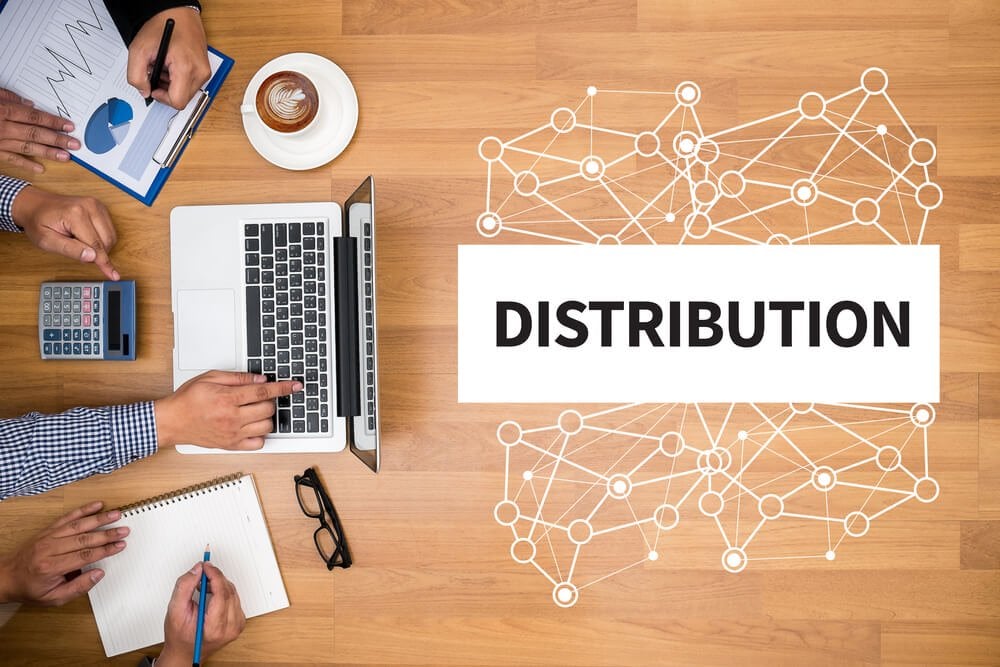
A direct distribution channel is simply a series of intermediaries or businesses through which a product or service passes before it reaches the ultimate consumer or the intended buyer. Direct distribution channels can comprise wholesalers, direct manufacturers, direct retailers, and the web. In order to understand which channel is best for a particular product or service, you must first determine what the distribution channel offers. Are they a reliable, efficient channel? Or are they a distribution channel that will take advantage of price discounts and special offers offered by a manufacturer or distributor?
Consumers Prefer To have Options
The most important determining factor in determining which type of distribution is best for a direct distribution channel is whether consumers will have options available to them. If consumers can choose a wholesaler from any of the available distributors or if they can choose to go straight to a manufacturer, then the direct distribution channel will be beneficial. Thi aspect may be considered a market constraint, because it limits a business in its growth. However, a market constraint can be overcome by: an number of methods.
Direct wholesaling means consumers have only one option, and that is to purchase directly from the manufacturer or distributor. This gives the manufacturer or distributor the ability to set the price, control the quality of products, dictate how the products are supplied to the consumer and determine the amount of profit they will make. The direct distribution channel will benefit from increased sales as consumers will have the ability to purchase directly from the manufacturer or distributor. With increased sales comes increased profits.
The Problem With Indirect Channels
An indirect channel could be another form of distribution, however, it is usually not the best form for a manufacturer to provide their goods and services to the public. Indirect channels typically offer consumers another choice of buying from a distributor—a middleman. This is not always bad, but it can sometimes work against a manufacturer as the manufacturer has little control over what goes on their distribution lines, and they do not have much control over what happens with the goods once they are sold.
What Advantages Does The Direct Distribution Channel Have Over Indirect Channels?
First of all, direct distribution channels offer a direct connection between the manufacturer and the consumer. They also have one set price, which means the consumer can buy directly from the manufacturer without any middleman to factor into the equation. This is very different from the case of an indirect channel. With indirect distribution channels, the manufacturer will have many middle men involved before the consumer gets to the actual product.
Another advantage is that direct distribution channels tend to be a better fit for certain types of goods. For example, food companies typically need to go through a distribution channel before they can ship their products directly to the customer. This helps them to improve the supply chain efficiency and their overall profit margin. Distribution channels also help cut down on the cost of logistics, as there are no intermediates involved. Rather, logistics is streamlined, cutting down on costs and eliminating waste.
While the disadvantages of direct delivery are that you may lose some control of your products, the advantages greatly outweigh this concern. In addition, direct delivery allows manufacturers to make their products available to consumers in the form of discount items such as flyers or billboards. The lower cost of distribution through direct channels also results in lower overheads, which results in a higher profit margin.
What Is The Function Of The Distribution Channel?
Distribution channels are needed by manufacturers so that they can make their products available to the end consumers. Distribution channels work either with wholesalers or retailers, although not all wholesalers and retailers operate under a distribution channel structure. The distribution channel acts as a middleman and brings the product to the end consumer, providing them with a ready-made discount item.






